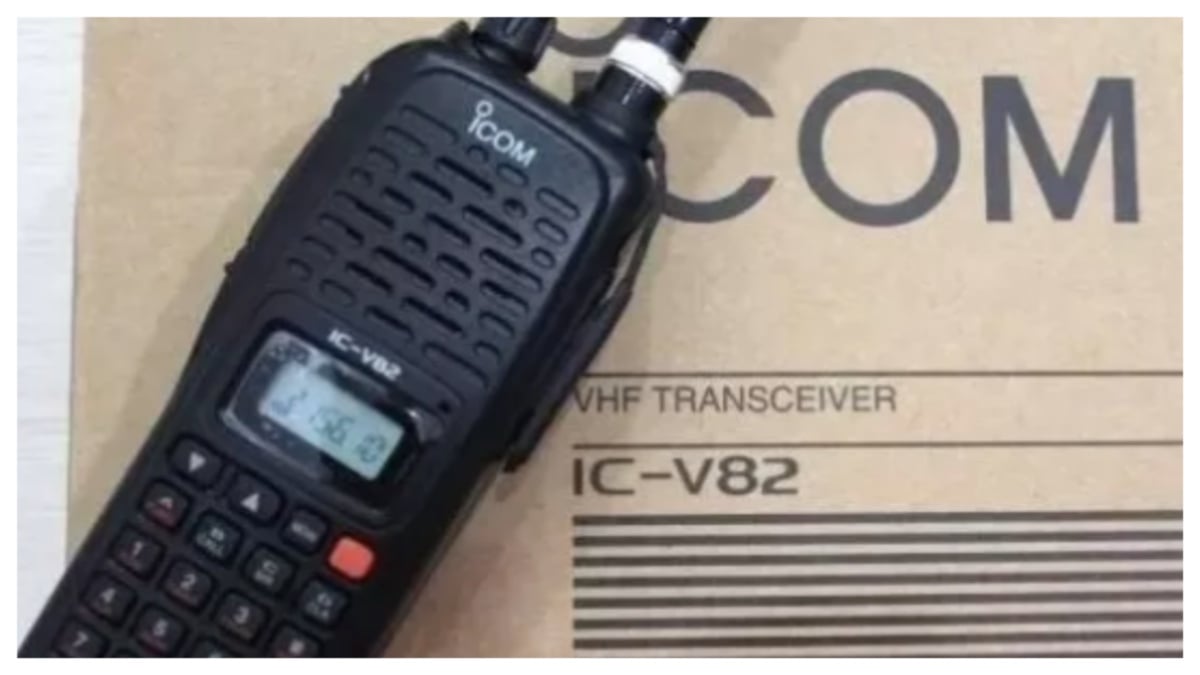Just 24 hours after a coordinated attack on the Iran-backed militant group Hezbollah involving the explosion of pagers, another wave of similar attacks targeted the group again, this time with walkie-talkies. The second attack in as many days stoked fears of a wider conflict in the Middle East, threatening to pull Lebanon, Iran and the United States into the conflict that started between Israel and militant group Hamas.
The latest rounds of explosives happened on Wednesday afternoon. The health ministry in Lebanon said more than 450 people were injured and 20 people were killed, mostly in the suburbs of Beirut and the Bekaa Valley. The attack was the deadliest day of violence since the conflict began in October of 2023, when the militant group Hamas attacked Israel. Hezbollah is supporting Hamas in the conflict.
The previous pager attack injured over 2,700 people and killed 12, including an 8-year-old girl and an 11-year-old boy. More than 10% of the injured were in critical condition.
The Lebanese Red Cross told NBC News it had to rush out 30 ambulances throughout the affected areas, and Lebanon’s civil defense force said it was scrambling to put out fires in cars, shops and people’s homes. The Lebanese Telecommunications Ministry said the walkie-talkies were Icom V82s. Icom is a Japanese company, which said in a statement that it used to ship the devices to the Middle East but hasn’t for a decade. The unit was discontinued, the company said, but admitted the product was often counterfeited.
Hezbollah called the attack the biggest security breach in the organization’s history, and while Israel has not officially commented on the blasts, Reuters is reporting that security forces say Israel’s spy agency Mossad may be the ones responsible for the attacks.
Israeli Defence Minister Yoav Gallant said that Israel was opening “a new phase in the war” following the attacks, and that the new phase “requires courage, determination and perseverance.”
The United States said it was surprised by the attacks and that it was looking for a diplomatic solution. White House’s national security spokesman John Kirby said the U.S. didn’t want to see an escalation of the conflict.
“We don’t believe that the way to solve where we are at in this crisis is by additional military operations at all,” Kirby said.
One of the explosions happened near a funeral for Hezbollah members killed the day before by the exploding pagers. In an eyewitness report, a Reuters reporter said he witnessed members of Hezbollah taking out the batteries of walkie-talkies that didn’t explode and throwing them into metal barrels.
The use of walkie-talkies and pagers started because Hezbollah wanted a low tech way to communicate that wasn’t easily intercepted. Reports say the pagers and walkie-talkies were bought around the same time, and that Israel somehow either intercepted the shipments or used some other means of subterfuge to make it appear as if the shipments were coming from somewhere else.
U.S. officials suspect that the twin attacks could be a precursor for even more attacks in the region. Gallant said that Israel was moving forces toward the “northern area” of Israel. Lebanon borders Israel to the north.
Lebanese Prime Minister Najib Mikati called the attack a “collective crime that defies humanity and human rights, targeting defenseless people in their homes.”
